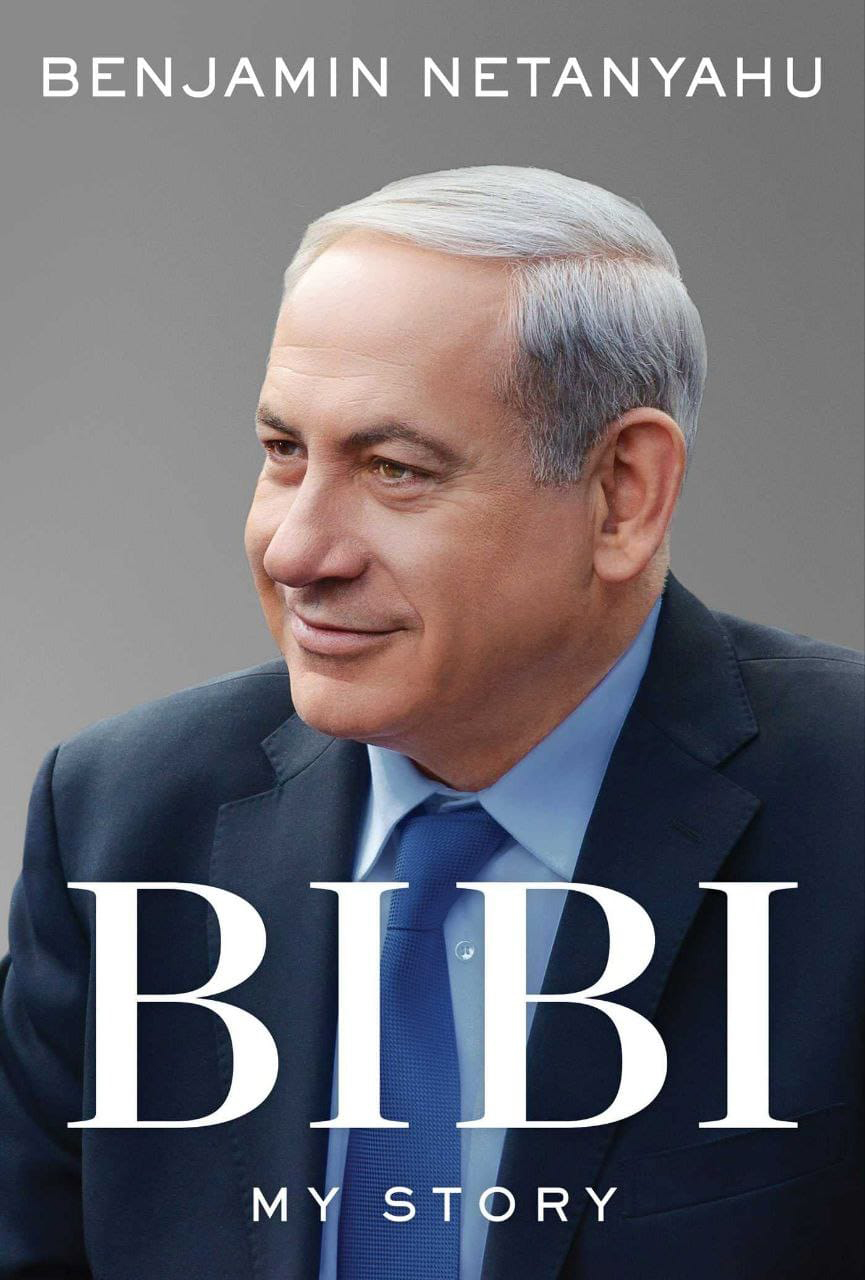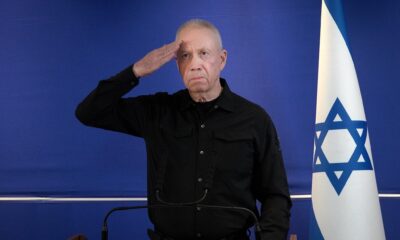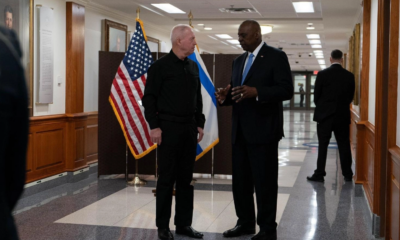
Israel

Bibi’s book – far from the last word
Love him or loathe him, most people have a strong opinion about Benjamin Netanyahu, Israel’s longest-serving prime minister. Back on the Knesset’s opposition benches in mid-2021 – after 12 consecutive years in the top job – Netanyahu used the time to write Bibi: My Story. Running to 650 pages (and more than 30 hours in the audiobook version), his absorbing blockbuster autobiography was released, in Hebrew and English, just before the November 2022 Israeli elections. In that vote, Netanyahu swept back to power at the head of his right-wing coalition. Although he had already penned his memoirs – longhand – it’s quite clear that at 73, “Bibi” believes his story isn’t quite over yet.
Born in Tel Aviv in 1949, he completed high school in various cities in the United States (US), which explains Netanyahu’s strong American accent and his excellent English. Netanyahu was the middle child of three boys, flanked by his older brother, Yonatan (“Yoni”), and his younger brother, Iddo. His father, the historian Benzion Netanyahu, who specialised in the Spanish Inquisition, relocated his family to the US as he took up a university teaching post. Benzion was active in the Revisionist Zionist movement, passing his right-of-centre views down to his son. He died at the age of 102 in 2012.
Not many people probably know that Bibi initially studied architecture – a pursuit he had in common with Nazi-hunter Simon Wiesenthal and Raoul Wallenberg, the Swedish diplomat who saved hundreds of Jews in wartime Budapest.
Netanyahu worked for Boston Consulting Group, which honed his skills as a strategic thinker, for a couple of years. He also served for five years in Sayeret Matkal, an elite Israeli special forces unit. He led daring raids into Israel’s neighbouring countries and escaped death more than once (especially as he tells it).
Netanyahu idolised Yoni, who was tragically killed leading the operation to rescue hijacked Jewish hostages in Entebbe, Uganda, in 1976. Yoni’s life and death cast a long shadow over his family. In the book, Bibi writes, “Yoni’s sacrifice and example helped me overcome inconsolable grief, thrust me into a public battle against terrorism, and led me to become Israel’s longest-serving prime minister.”
From 1982 to 1984, Netanyahu’s diplomatic career was launched, as he took up the post of deputy chief of mission in Washington, D.C. From 1984 to 1988, he served as a combative Israeli ambassador to the United Nations. In the first Gulf War in 1991, Netanyahu was a familiar face on CNN explaining Israel’s positions. He rose up the ranks of the Likud, leading the party in opposition from 1993 before becoming Israel’s youngest prime minister at 46 in 1996.
He lost power in 1999, before returning as Ariel Sharon’s foreign minister from 2002 to 2003, and one of the country’s most influential finance ministers, from 2003 to 2005. Netanyahu’s Thatcherite reforms – including privatisation, cutting welfare, and taking on the unions – are largely credited with turning Israel into the economic and innovation powerhouse it is today.
Netanyahu served his second stint as prime minister from 2009 to 2021. His memoirs show how infuriatingly stubborn he was in advancing what he considered were Israel’s best interests. His toughness and intransigence on the Palestinian issue exasperated American presidents from Bill Clinton to Joe Biden, as lasting peace in the Middle East eluded all of them. To be fair, there was no genuine peacemaker on the Palestinian side in these decades.
He has consistently portrayed a nuclear Iran as the biggest existential threat to Israel.
Netanyahu formed his strongest alliance with President Donald Trump. Under Trump’s watch, the US embassy finally relocated to Jerusalem; the US recognised Israel’s annexation of the Golan Heights; and the historic normalisation agreements with four Muslim-majority countries were forged under the “Abraham Accords” in 2020.
Bibi also saw the opportunity presented by the tragedy of the COVID-19 pandemic, securing vaccines early and putting forth Israel as the model of a COVID-19-immunised population. He also copped much criticism from the way he handled the pandemic.
There’s no question that Netanyahu put tiny Israel on the map. He strengthened ties with emerging powers such as China and India, and one of his closest and most admired counterparts over the years was Russian President Vladimir Putin. The two met many times, especially after both militaries were involved in Syria after 2015.
He has also bolstered relations with many African countries, starting with a trip to Uganda in 2016 for the fortieth anniversary of Yoni’s death. Recognising that Israel has much to offer African states in terms of technology, agriculture, and security, Netanyahu’s statesmanship has spearheaded diplomatic and commercial efforts.
An autobiography allows its author to portray events in a flattering or self-serving way. It amplifies successes and downplays or sidesteps failures. This one is no exception. In his book. Netanyahu comes out swinging against the political left and the Israeli media. He scoffs at every scandal he has been embroiled in. He sees all accusations against him – including the current charges of breach of trust, bribery, and fraud – as baseless, political vendettas impugning his honesty.
Despised or deified, there’s no question that Netanyahu has been at the heart of Israel’s remarkable story for more than a quarter of a century. He has proven to be a thick-skinned political operator, the ultimate “comeback kid”, with more chapters yet to write.










